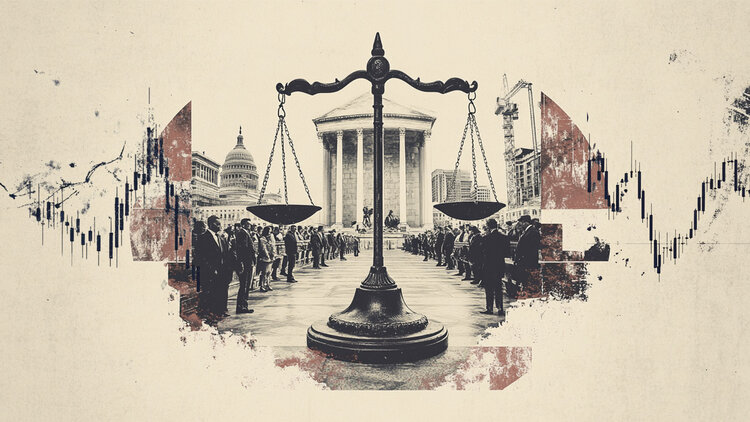THE dollar fell 0.70%, quoted at R$ 5.036, around 9:20 am this Tuesday (3), in an adjustment movement after strong gains the day before, when it had the highest daily appreciation since April 22.
The market continues to operate cautiously around the world, with investors moving away from assets considered risky amid concerns about the inflation world, the situation of the pandemic in China and waiting for interest rate decisions in U.S and Brazil, whose monetary policy meetings begin this Tuesday.
Investors expect that the Federal Reserve the US central bank, adopt a tougher tone in the fight against inflation record in the country and raise interest rates by 0.5 percentage point, a movement that favors the dollar.
In relation to Brazil, an increase of 1 percentage point is expected by the Monetary Policy Committee (Copom ), which would leave the basic interest rate, the Selic at 12.75% per year, due to still strong inflationary pressures.
THE central bank between 9:30 am and 9:40 am, will hold an auction of up to 20,000 traditional foreign exchange swap contracts maturing on December 1, 2022 and April 3, 2023.
The autarchy will also offer, between 11:30 am and 11:40 am, 15,000 traditional foreign exchange swap contracts for the purpose of rolling over the expiration date of June 1, 2022.
On Monday (2), the dollar rose 2.58%, to R$5.071, while the Ibovespa fell by 1.15% to 106,638.64 points.
Dollar
The US currency reversed part of the gains that the real obtained in the first months of the year due to a combination of factors that influence the flow of purchase and sale of the dollar.
To the CNN Brasil Business experts associated this recent appreciation to two main factors: the prospect of higher interest rate hikes in the United States and fears regarding the lockdowns established in a number of economically relevant cities in China .
Higher US interest rates tend to attract investments to the country’s Treasury bond market, drawing capital from markets considered riskier than U.S the case of Brazil.
The measures to control the spread of the Covid-19 in China, which affect cities like Shanghai and Beijing, tend to reduce the world’s second-largest economy’s demand for commodities harming its main suppliers, including Brazil, and negatively influencing the prices of these products.
Test your knowledge about the Ibovespa
Let’s start with an easy one: what is the Ibovespa?
Who is responsible for calculating the Ibovespa?
What types of assets are eligible to be listed on the Ibovespa?
Which of these is NOT a criterion for a stock to enter the Ibovespa
How many shares are currently in the Ibovespa theoretical portfolio?
How often is the Ibovespa theoretical portfolio reviewed?
What is the most important stock on the Ibovespa?
What is the smallest share on the Ibovespa?
Each Ibovespa point is equivalent to 1 real. This statement is
What is the historical record for closing the Ibovespa?
Try again!
Tip: follow CNN Business to understand more about Ibovespa
Nice job!
You know a lot about the Ibovespa, but you could know a little more
Sensational!
Congratulations! Are you an Ibovespa expert?
*With information from Reuters
Source: CNN Brasil
I am Sophia william, author of World Stock Market. I have a degree in journalism from the University of Missouri and I have worked as a reporter for several news websites. I have a passion for writing and informing people about the latest news and events happening in the world. I strive to be accurate and unbiased in my reporting, and I hope to provide readers with valuable information that they can use to make informed decisions.







